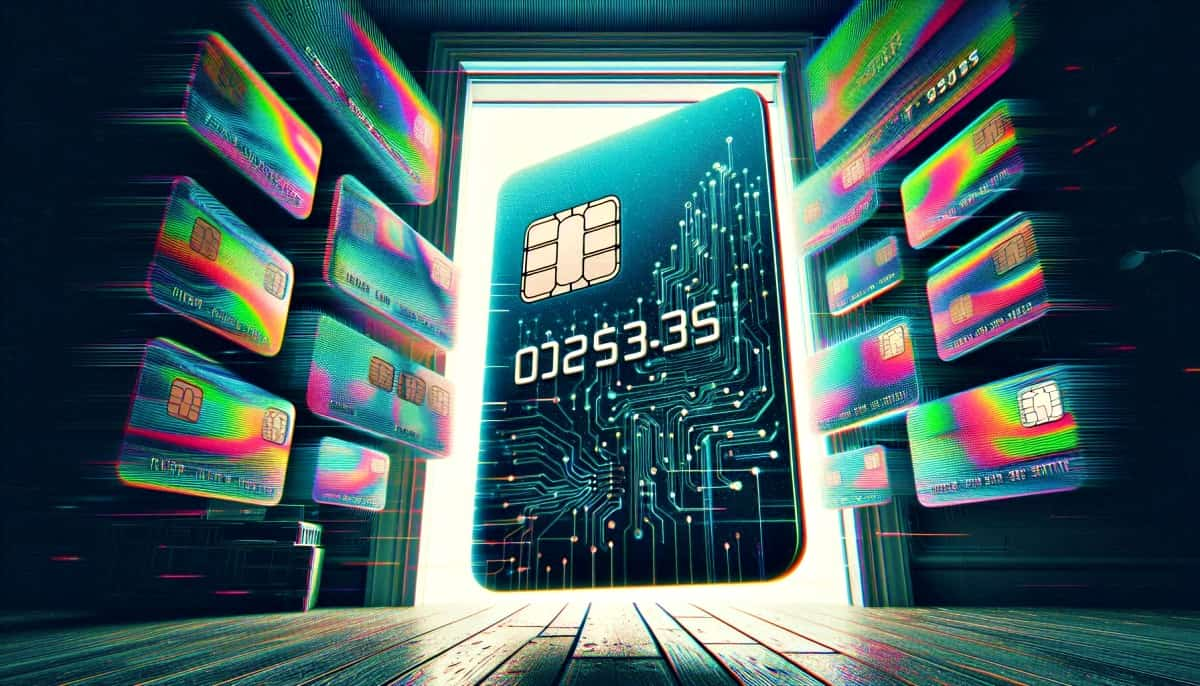Millions of office and hotel contactless access cards using Fudan Microelectronics chips are vulnerable to a hardware backdoor allowing attackers with brief physical proximity to instantly clone cards and jeopardizing security.
A critical security flaw has been uncovered in millions of contactless key cards used globally for office and hotel access, exposing a widespread vulnerability to unauthorized entry. French cybersecurity firm Quarkslab discovered a hardware backdoor embedded in chips manufactured by Shanghai Fudan Microelectronics Group, a leading supplier of “MIFARE Classic compatible” RFID chips.
This backdoor, detailed in a Quarkslab research paper, allows attackers to instantaneously clone these cards, effectively granting them access to secured areas. While exploiting the vulnerability requires brief physical proximity to a compromised card (minutes), a malicious actor controlling the supply chain could weaponize this flaw on a massive scale, cloning cards en masse during manufacturing.
The affected chips, specifically the FM11RF08S and FM11RF08 variants, were designed to resist known card-only attacks but fell victim to this novel hardware-level exploit. Quarkslab researchers found a common, secret key embedded in these chips, accessible via the backdoor, which unlocks all user-defined keys on the cards. This means an attacker, knowing the backdoor mechanism, can compromise any key on these cards within minutes, regardless of individual diversification.
Experts Weigh In
Patrick Tiquet, Vice President of Security & Architecture at Keeper Security, emphasized the significance of the discovery, stating that the vulnerability allows for easy cloning of cards with just a few minutes of physical proximity, potentially leading to unauthorized access to secure areas and systems. He highlighted the need for rigorous security practices and thorough vetting of components throughout the supply chain to prevent such vulnerabilities.
What to Do Next
If you are a consumer or an organization using MIFARE Classic cards, it is essential to assess the risks and take immediate action to mitigate them. Check your infrastructure and verify the type of card you are using. If you are using FM11RF08S or FM11RF08 cards, consider upgrading to more secure alternatives and implementing the recommendations outlined above.









